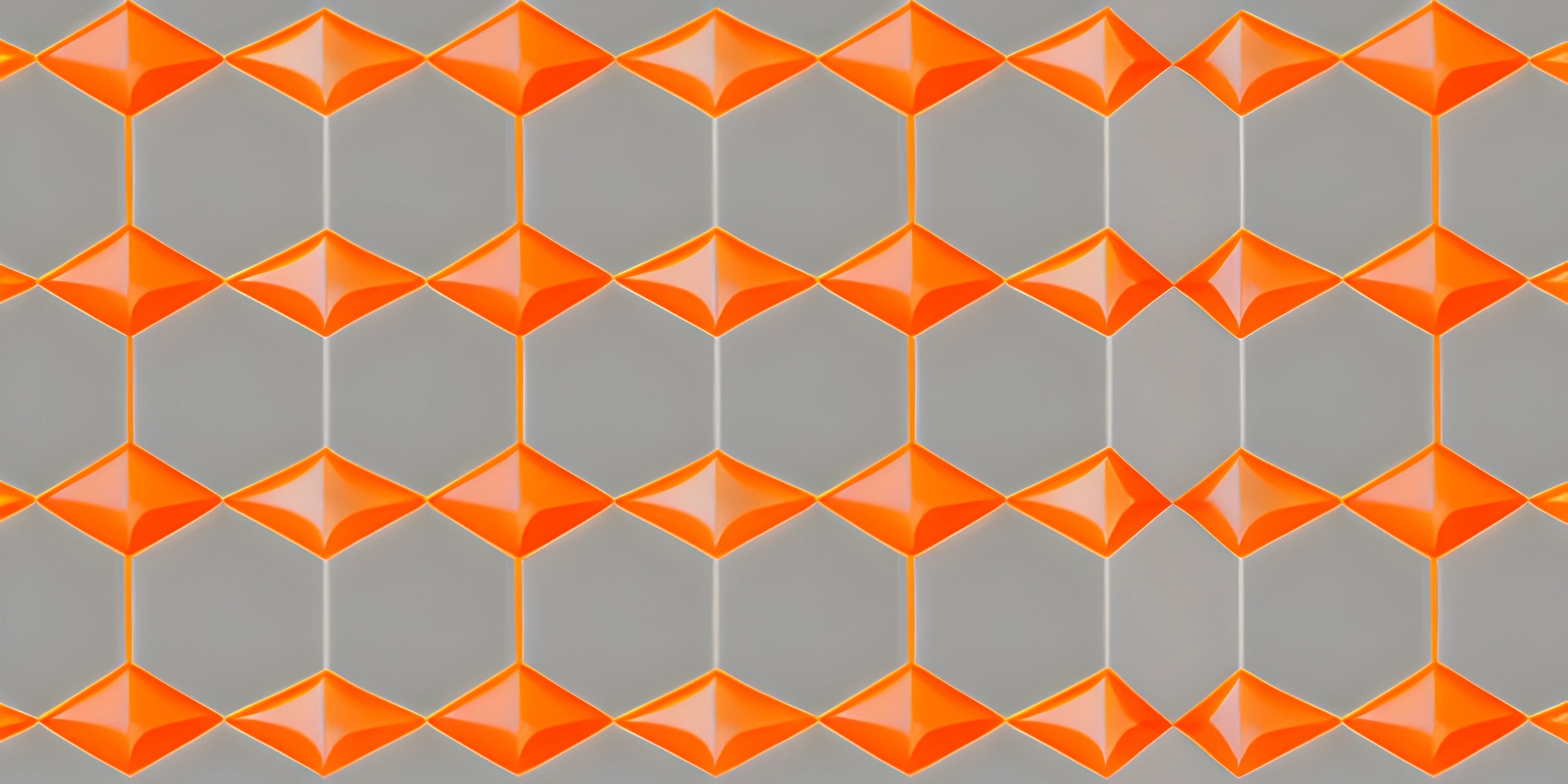Vue Introduction

Note: this page has been created with the use of AI. Please take caution, and note that the content of this page does not necessarily reflect the opinion of Cratecode.
Meet Vue.js, a progressive JavaScript framework designed for crafting modern web applications. With its approachable core library and an extensive ecosystem of supporting libraries, Vue has become a go-to choice for developers looking to create user interfaces that are both scalable and maintainable.
Key Features
Vue's popularity can be attributed to its versatile set of features. Let's dive into some of the key features that make Vue a favorite among developers.
Reactive Data Binding
Vue's reactive data binding system allows you to easily keep your UI and data in sync. When the data changes, the UI updates automatically, and vice versa. This reactivity makes it simple to create complex UIs that respond to user input and data changes without having to write lots of boilerplate code.
Component-Based Architecture
Vue encourages a component-based architecture. This means that you can build your application using small, reusable components that can be combined and nested to create more complex interfaces. This modular approach helps you keep your code organized, maintainable, and easy to understand.
Easy Integration
Vue is designed to be incrementally adoptable. You can easily drop it into an existing project and start using it for just a small part of your application. This flexibility makes it an attractive choice for developers who want to gradually adopt a new technology without having to do a complete overhaul.
Extensive Ecosystem
The Vue ecosystem is filled with useful libraries and tools that can be easily integrated into your project. Some popular choices include Vuex for state management, Vue Router for routing, and Vuetify for Material Design components.
Getting Started with Vue
To start using Vue in your project, you can either include it as a script tag in your HTML file or install it as a package using a package manager like npm or yarn. Here's a simple example of how to include Vue as a script tag:
<!DOCTYPE html>
<html>
<head>
<script src="https://cdn.jsdelivr.net/npm/vue@2/dist/vue.js"></script>
</head>
<body>
<div id="app">
{{ message }}
</div>
<script>
new Vue({
el: '#app',
data: {
message: 'Hello Vue!'
}
});
</script>
</body>
</html>In this example, we initialize a new Vue instance and bind it to an element with the ID app. The double curly braces {{ message }} are used to output the value of the message property from our Vue instance's data.
Conclusion
Vue.js has proven itself to be a powerful and approachable JavaScript framework for building modern web applications. With its reactive data binding, component-based architecture, easy integration, and extensive ecosystem, it's no wonder that developers are falling in love with Vue. Give it a try and see for yourself how Vue can streamline your web development process!
Hey there! Want to learn more? Cratecode is an online learning platform that lets you forge your own path. Click here to check out a lesson: Full-stack Web Frameworks (Next.js) (psst, it's free!).
FAQ
What is Vue.js and why is it popular among developers?
Vue.js is a popular JavaScript framework for building modern web applications. It's known for its simplicity, flexibility, and performance. Developers love it because it's easy to learn, highly adaptable, and allows for the rapid development of feature-rich applications. Its reactivity system, component-based architecture, and seamless integration with other libraries and existing projects make it a top choice for developers.
How does Vue.js compare to other popular JavaScript frameworks like React and Angular?
Vue.js is often compared to React and Angular, as all three are popular JavaScript frameworks for building web applications. Vue.js stands out due to its simplicity and ease of learning, especially for beginners. It provides a more straightforward approach to building applications with a less steep learning curve compared to Angular. While React is also known for its flexibility, Vue.js offers a more comprehensive and built-in set of features, which may save developers time in configuring and setting up their projects.
Can I use Vue.js with other libraries and existing projects?
Absolutely! One of the key strengths of Vue.js is its ability to integrate seamlessly with other libraries and existing projects. Vue.js can be easily added to an existing project without the need to restructure the entire codebase. This makes it an excellent choice for developers who want to gradually introduce Vue.js into their projects, or use it alongside other libraries to enhance specific parts of their applications.
How do I get started with Vue.js?
To get started with Vue.js, first, include the Vue.js library in your HTML file using the following script tag:
<script src="https://cdn.jsdelivr.net/npm/vue@2"></script>
Then, create an instance of Vue by creating a new JavaScript file and adding the following code:
const app = new Vue({
el: "#app",
data: {
message: "Hello, Vue!"
}
});Finally, in your HTML file, create an element with the ID "app" and use double curly braces ({{ }}) to display the message:
<div id="app">
{{ message }}
</div>That's it! You've now created a simple Vue.js application. To learn more, visit the official Vue.js documentation at https://vuejs.org/v2/guide/.
What are some resources for learning Vue.js?
There are many resources to help you learn Vue.js, including official documentation, tutorials, and community resources. Here are a few to get you started:
- Vue.js Official Documentation: The official documentation is an excellent starting point for learning Vue.js, with in-depth guides and examples.
- Vue.js Course on Udemy: Udemy offers various Vue.js courses for beginner, intermediate, and advanced developers.
- Vue.js Course on Vue Mastery: Vue Mastery provides a comprehensive series of video tutorials and articles to help you learn Vue.js.
- Vue.js Community: The Vue.js community forum is an excellent place to ask questions, share experiences, and learn from other developers. Remember, practice makes perfect, so don't be afraid to dive in and start building applications with Vue.js!





